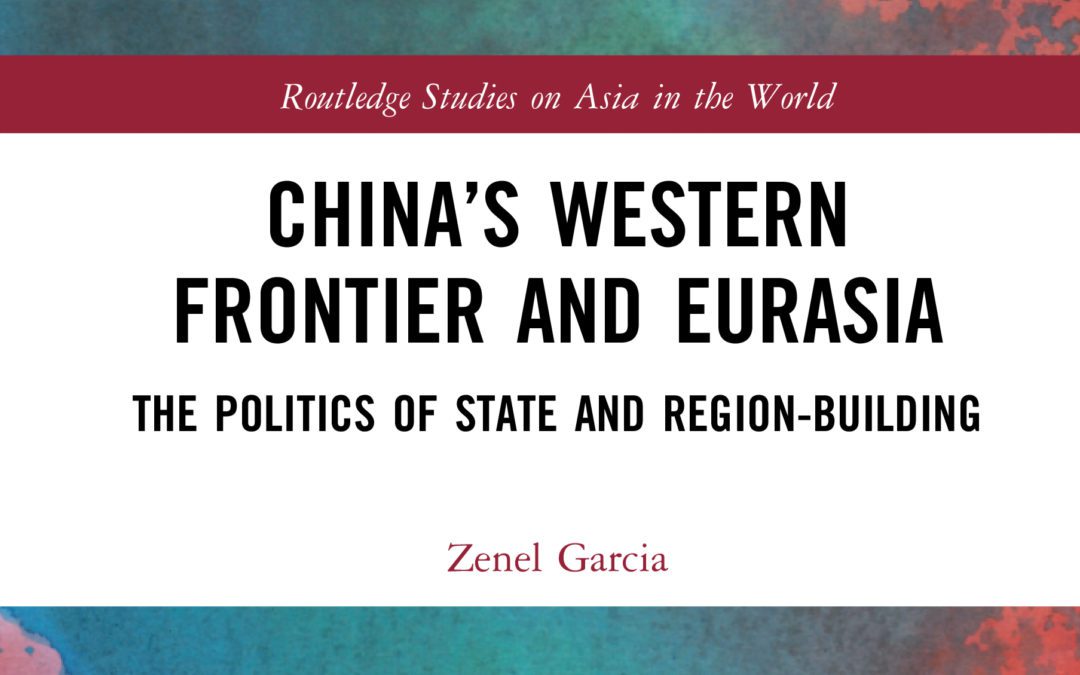The Belt and Road Initiative (BRI) originated in provincial-level efforts that sought to simultaneously integrate interior and frontier provinces to the rest of China as well as neighboring countries during the 1990s.


I am an Associate Professor of Security Studies in the Department of National Security and Strategy at the U.S. Army War College. Through a joint degree program, I earned an M.A. in Asian Studies in 2014 and a Ph.D. in International Relations in 2018 at Florida International University. My research focuses on the intersection of international relations theory, security, and geopolitics. Specifically, how interpretations of security and the geopolitical environment shape the discursive and empirical processes that galvanize regional formation and transformation in the Indo-Pacific and Eurasia. My first book, published by Palgrave MacMillan in March 2019, is titled China’s Military Modernization, Japan’s Normalization and the South China Sea Territorial Disputes. This book looks at the understudied role that Japan plays in the South China Sea disputes despite not being a direct party. It shows how securitization discourses have facilitated Japan’s political normalization in addition to legitimizing its growing security roles in the region. Additionally, it demonstrates how securitization influences alignment preferences by Southeast Asian countries and how this facilitates Japan’s involvement in the South China Sea disputes. My second book, published by Routledge in September of 2021, is titled China’s Western Frontier and Eurasia: The Politics of State and Region-Building. This book traces the discursive and empirical processes that link China’s state-building initiatives to its region-building projects. It shows how region-building projects have facilitated China’s ability to increase state capacity, control, and development along its western frontier. Furthermore, it assesses how regional projects facilitate China’s emergence as a dominant power in Eurasian affairs. In addition to these, I have published several articles in peer-reviewed journals and currently have several manuscripts under review that make theoretical and empirical contributions to the understanding of security and conflict dynamics, as well as the processes of regional transformation, in the Indo-Pacific and Eurasia. A current thread of my research focuses on Chinese frontier and borderland politics. These are areas traditionally dominated by minority groups, and who’s relationship with the state has historically been, and continues to be, tenuous. This is especially prescient as the state seeks to increase its presence and implements assimilatory policies that challenge and disrupt cultural practices, customs, and cross border networks.